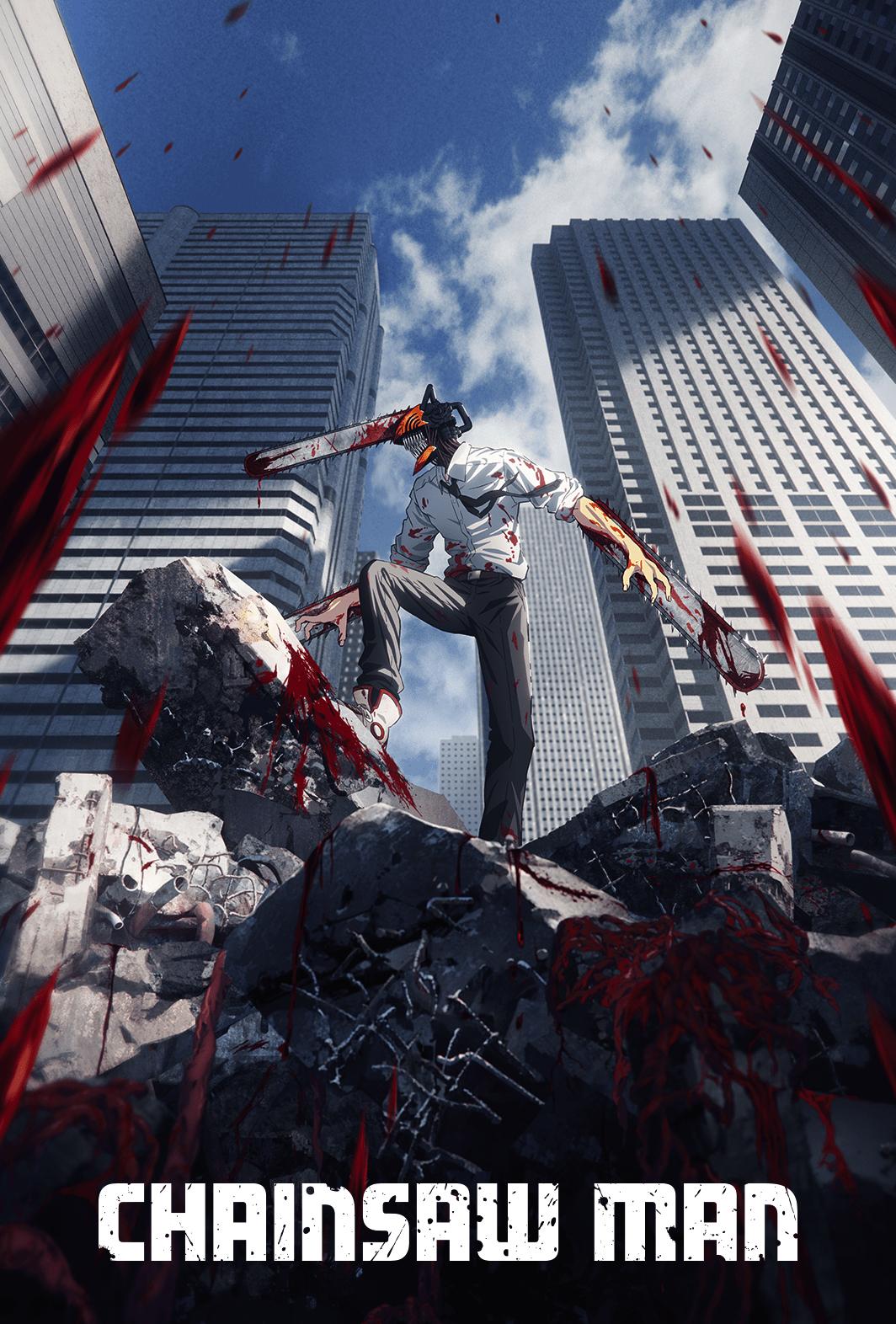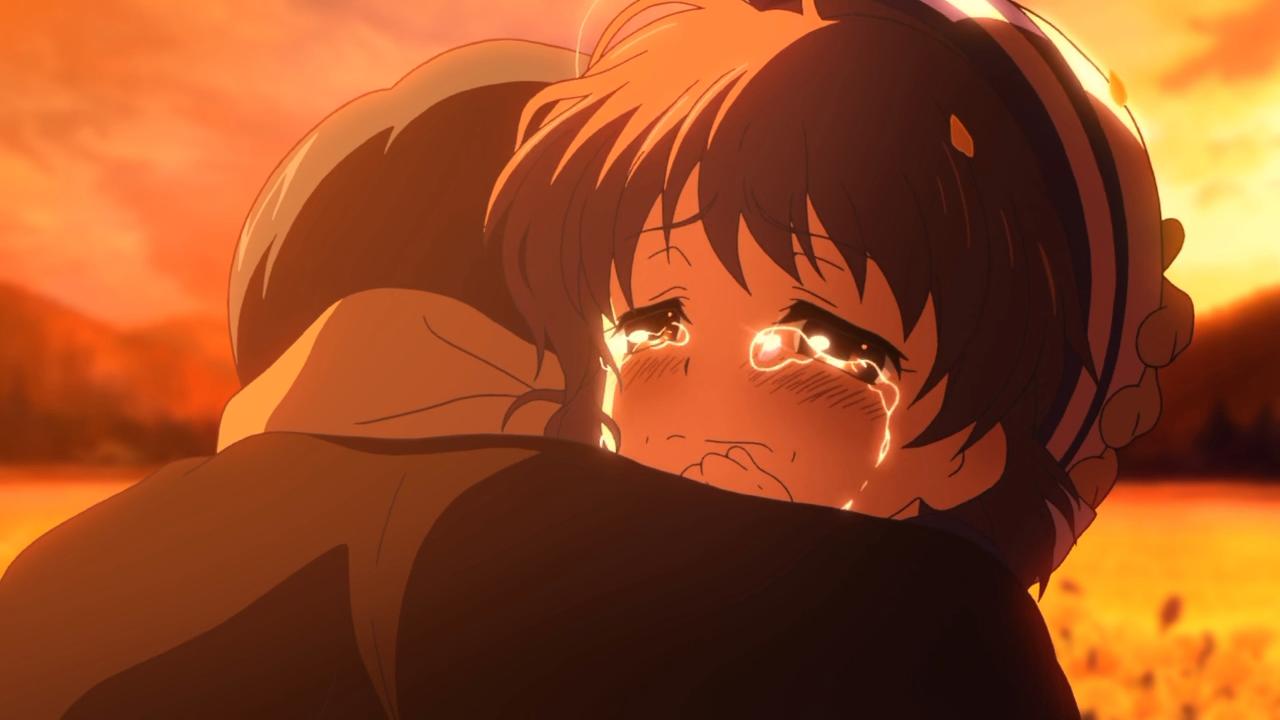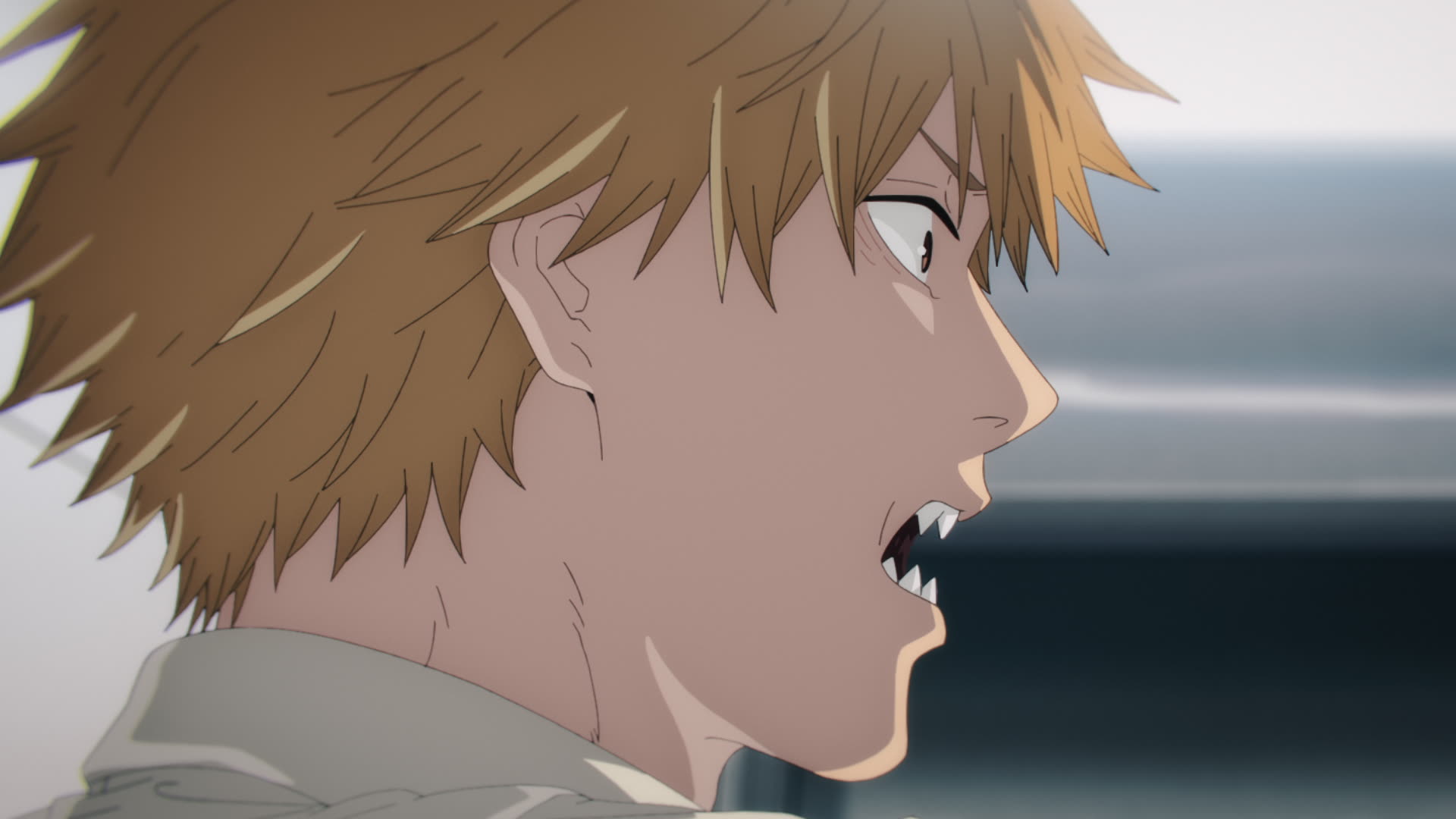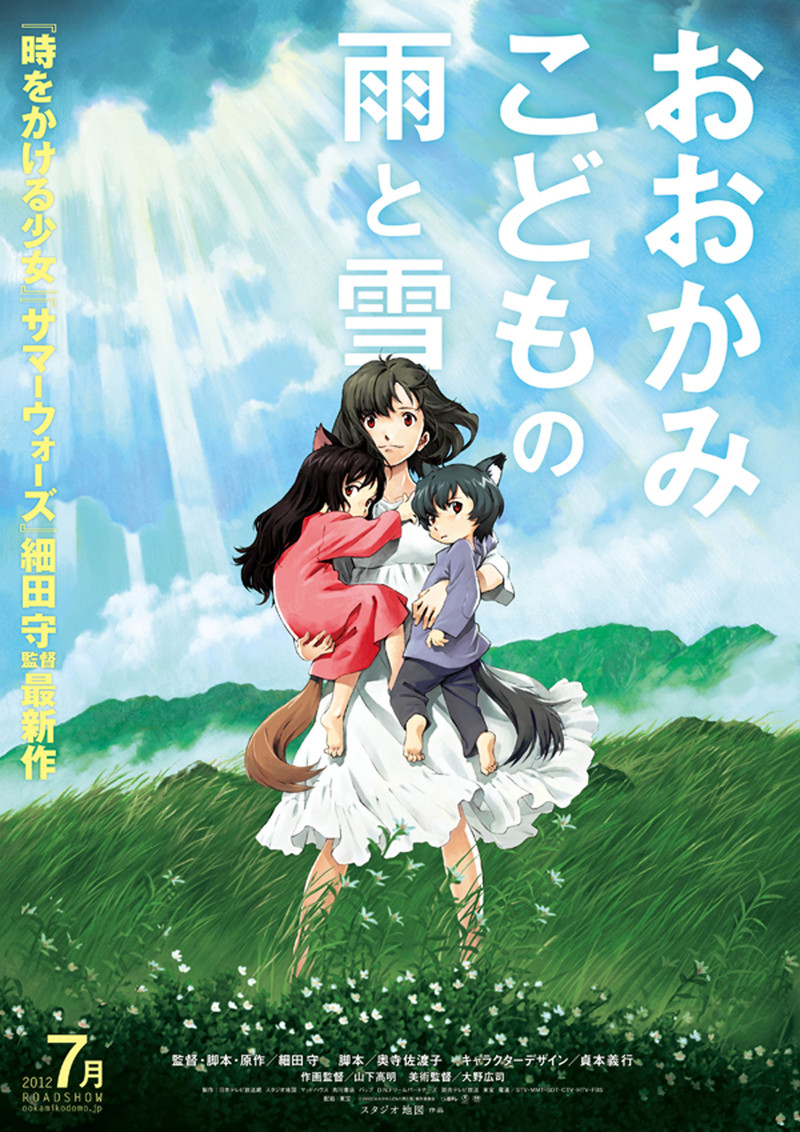Explore why Makima was right in Chainsaw Man — and how her philosophy of control, love, and order makes her one of the most terrifying anime characters ever created.
Introduction: The Allure and Horror of Makima
Makima is one of the most complex and haunting characters in modern anime. In Chainsaw Man, she’s not just a villain — she’s a philosophy given form. Her calm voice, controlled demeanor, and unwavering belief in her own righteousness make her both magnetic and terrifying.
When she says she wants a “better world,” she means it. But the methods she chooses — manipulation, control, and emotional domination — force us to question what “better” even means.
The scariest part of Chainsaw Man isn’t the blood or gore — it’s the idea that Makima might actually be right.
Who Is Makima in Chainsaw Man?
Her Role in the Public Safety Bureau
At first glance, Makima is a high-ranking Public Safety Devil Hunter. She recruits Denji, mentors him, and promises him a better life — food, comfort, affection. To Denji, she’s a savior.
To everyone else, she’s a mystery wrapped in politeness and quiet menace. She speaks softly, yet every word is a command. Every smile hides a calculation.
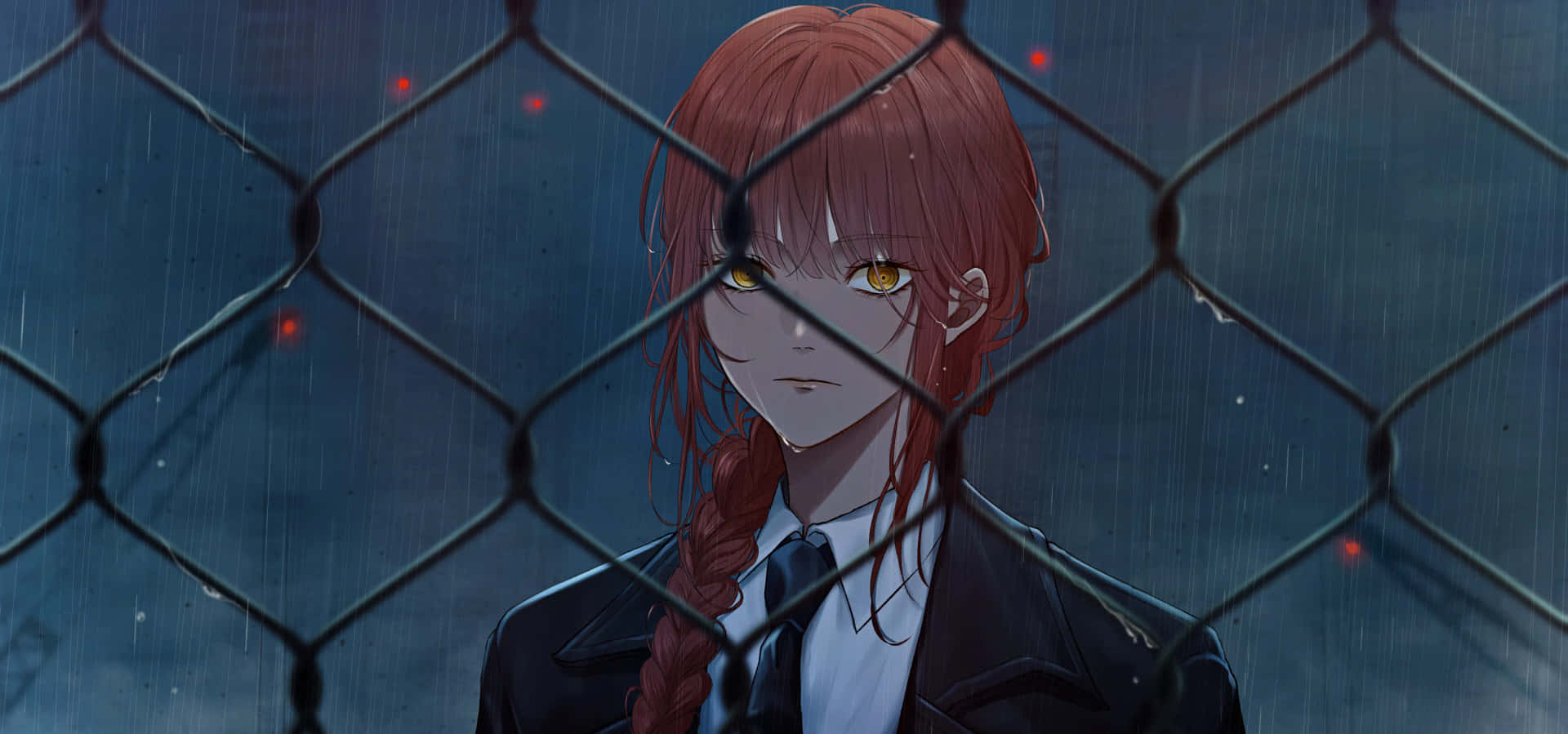
Her True Identity as the Control Devil
It’s eventually revealed that Makima is the Control Devil, the embodiment of humanity’s fear of domination. Her goal isn’t simple power — it’s perfect order. She wants to create a world without suffering, where everything is under control.
But to do that, she’s willing to strip others of their freedom, individuality, and even their humanity.
The Meaning Behind Makima’s Philosophy
“Control Is Love” – Twisting Morality and Desire
Makima doesn’t see control as evil. To her, control is love — the highest form of affection. If she controls you, it means she cares about your wellbeing, even if it destroys you.
It’s a disturbing philosophy because it mimics real human relationships: where love often blurs into possession.
Her idea of love mirrors the toxic side of devotion — where one person decides what’s best for another, no matter the cost.
Her Manipulation of Denji’s Humanity
Makima doesn’t just control Denji physically; she manipulates his emotional vulnerabilities. She feeds him affection in small doses — enough to keep him loyal, but never enough to satisfy him.
She embodies the predator-prey dynamic found in abusive relationships: she gives him what he craves most (love and purpose) and uses it as leverage to make him submit.
Why Makima Was (Partially) Right
Society’s Need for Control and Order
Makima believes that the world is chaotic, violent, and hopeless — and that only through control can it be fixed. And in many ways, she’s right.
Human societies run on laws, rules, and hierarchies. Without structure, civilization collapses into anarchy.
Makima’s logic is cold but rational: if pain comes from freedom, then remove freedom to remove pain.
How Power and Fear Maintain Balance in Chainsaw Man’s World
In Chainsaw Man, Devils are born from human fear. The stronger the fear, the more powerful the Devil. Makima’s existence as the Control Devil keeps other Devils in check. She’s both protector and tyrant, a paradox that mirrors government systems in real life.
The Devil Hierarchy as a Mirror of Human Behavior
The more you look at Chainsaw Man, the clearer it becomes that Devils aren’t evil — they’re reflections of us. And Makima’s obsession with order mirrors humanity’s eternal desire to control what it fears.
She’s terrifying not because she’s wrong — but because she’s too human.
The Psychological Terror of Being “Right” Like Makima
Control as a Reflection of Human Nature
Every human relationship has a degree of control — emotional, social, or psychological. Makima simply amplifies that truth to an inhuman degree.
Her power doesn’t just enslave others; it exposes the parts of ourselves that crave control over our own lives and the lives of others.
The Uncomfortable Truth About Submission and Desire
Denji’s attraction to Makima isn’t purely romantic or sexual — it’s existential. She gives his meaningless life structure, like a deity offering faith to a lost soul.
This dynamic reveals something horrifying: sometimes, people want to be controlled. It gives them peace.
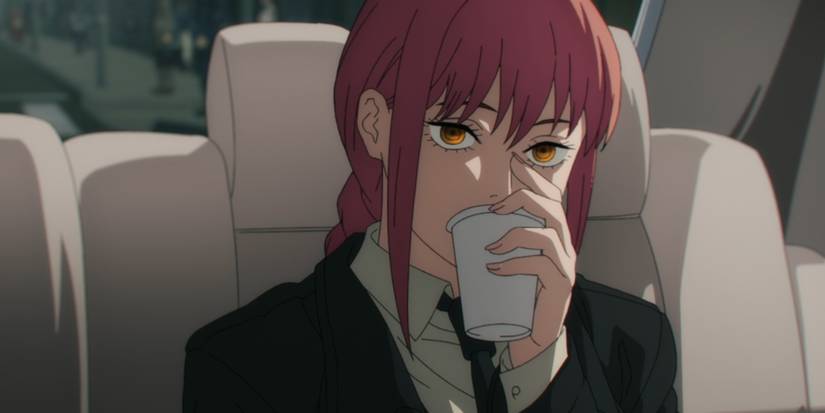
Denji and Makima: A Study in Power and Dependency
Denji’s Craving for Affection and Validation
Denji’s greatest weakness isn’t his humanity — it’s his innocence. Growing up without love, he can’t distinguish affection from manipulation.
To him, Makima’s cruelty feels like attention — and attention feels like love.
How Makima Exploited His Childlike Innocence
Makima builds her control not through violence but trust. She promises him a family, comfort, even intimacy — only to weaponize it.
In the end, she breaks him not by killing him, but by making him believe she was his only salvation.
The Symbolism Behind Makima’s Actions
Chainsaw Man as a God Figure – Devouring and Redeeming
Makima sees Chainsaw Man not as Denji, but as a god-like force — one that erases Devils from existence. She wants to control that power to reshape reality.
This dynamic transforms the story into a religious allegory: the Control Devil trying to dominate God, believing she can perfect creation.
Makima’s Death and the Endless Cycle of Control
When Denji finally kills Makima, it’s not a victory — it’s a tragic continuation. Her power reincarnates as Nayuta, the new Control Devil. The message?
Control never dies. It just changes form.
The Feminine Power Archetype: Why Makima Frightens and Fascinates Fans
The Seductive Side of Authority
Makima isn’t terrifying because she’s violent — she’s terrifying because she’s calm. She’s the embodiment of soft power: quiet, persuasive, maternal, and ruthless.
She blurs the line between savior and oppressor, nurturing and annihilating in the same breath.
From Femme Fatale to Philosophical Force
Fujimoto uses Makima not as a cliché femme fatale, but as a philosophical weapon. She questions morality, leadership, and love itself.
She’s not “evil” — she’s what happens when good intentions go unchecked.

Why Makima Is the Most Terrifying Kind of “Right”
The Moral Gray Area of Absolute Control
Makima’s tragedy lies in her correctness. Her world would be more peaceful under her rule — but it wouldn’t be human anymore.
She represents the paradox of perfection: to eliminate suffering, you must eliminate freedom.
And that’s the most horrifying truth of all.
How Being Right Doesn’t Make You Good
Makima’s righteousness isn’t born of compassion; it’s born of obsession. She doesn’t understand people — only how to arrange them.
How Fujimoto Uses Makima to Reflect Real Human Systems
The Political and Religious Parallels of Control
Through Makima, Chainsaw Man critiques every system built on dominance — governments, religions, and even relationships. Her logic is the same used by tyrants and prophets alike: “I control you for your own good.”
Society’s Complicity in Creating “Makimas”
The scariest part? We create our own Makimas — leaders, lovers, ideologies — and willingly surrender to them for the illusion of safety.
The Legacy of Makima in Chainsaw Man: Part 2
Nayuta’s Existence and the Cycle of Power Rebirth
In Part 2, Nayuta represents the rebirth of Makima’s essence — but with the chance for redemption. Denji raising her like a daughter symbolizes a new attempt to guide control with love, not fear.
It’s hopeful… but haunting. Because the Control Devil never truly disappears — it only evolves.
FAQs About Makima and Chainsaw Man Psychology
Q1. Was Makima really evil?
Not exactly. She believed she was saving humanity through control, making her more tragic than villainous.
Q2. Why is Makima so terrifying?
Because she’s logical, calm, and believes she’s right. There’s nothing scarier than a monster who thinks she’s a hero.
Q3. Did Makima love Denji?
No — she loved Chainsaw Man, not Denji. Her affection was a means to an end.
Q4. What does Makima represent thematically?
Control, submission, societal structure, and the loss of self.
Q5. Why did Denji eat Makima?
It symbolizes consuming and internalizing trauma — an act of reclaiming power through intimacy and horror.
Conclusion: The Horror of Understanding Makima
Makima isn’t just a character — she’s an idea. The idea that control can be love, that order can be salvation, and that righteousness can be monstrous.
She’s the kind of villain who doesn’t break reality — she reveals it.
And that’s what makes Chainsaw Man so terrifying.
Because deep down, we all understand her — and maybe, that’s why we can’t look away.
